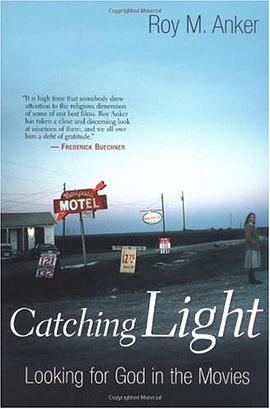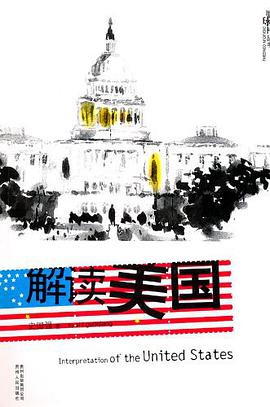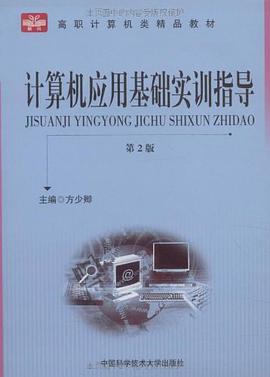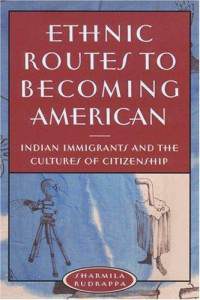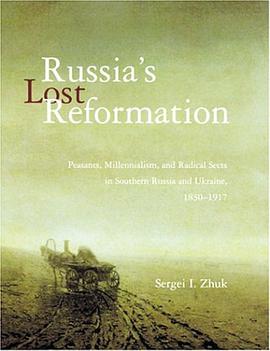

具体描述
Radical Protestant Christianity became widespread in rural parts of southern Russia and Ukraine in the nineteenth and early twentieth centuries. Russia's Lost Reformation: Peasants, Millennialism, and Radical Sects in Southern Russia and Ukraine, 1830-1917, studies the origins and evolution of the theology and practices of these radicals and their contribution to an alternative culture in the region. Arising from a confluence of immigrant Anabaptists from central Europe and native Russian religious dissident movements, the new sects shared characteristics with both their antecedents in Europe and their contemporaries in the Shaker and Quaker movements on the American frontier. The radicals' lives showed energy and initiative reminiscent of Max Weber's famous paradigm in The Protestant Ethic and the Spirit of Capitalism. And women participated in congregations no less than men and often led them. The radicals criticized the existing social and political order, created their own educational system, and in some cases engaged in radical politics. Their contributions, argues Zhuk, help explain the receptiveness of peasants in this region to the revolutions of 1905 and 1917.
作者简介
目录信息
读后感
评分
评分
评分
评分
用户评价
相关图书
本站所有内容均为互联网搜索引擎提供的公开搜索信息,本站不存储任何数据与内容,任何内容与数据均与本站无关,如有需要请联系相关搜索引擎包括但不限于百度,google,bing,sogou 等
© 2025 book.quotespace.org All Rights Reserved. 小美书屋 版权所有








